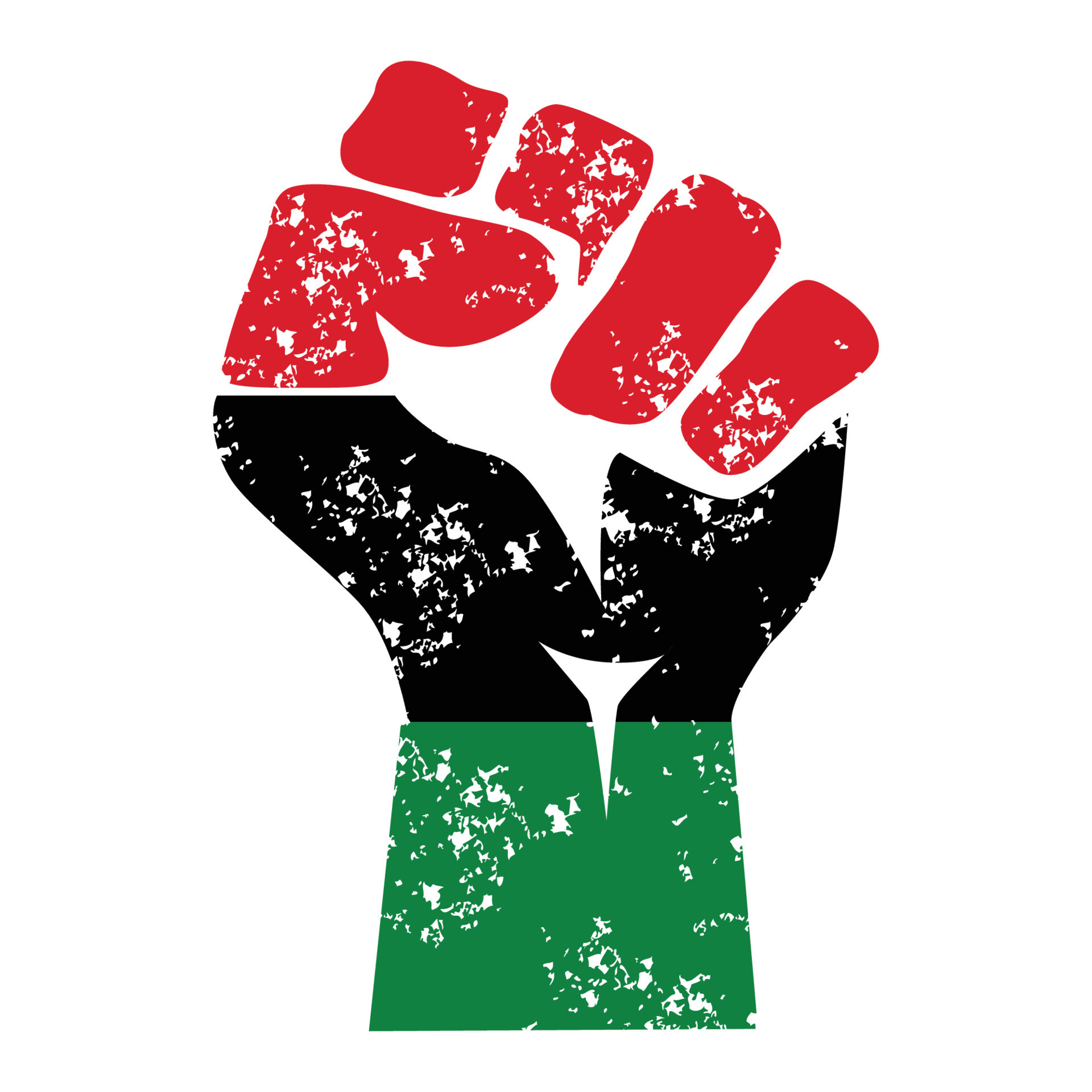The Baha’i teachings provide a profound framework within which social change can be comprehended and enacted. In a world characterized by socio-political upheaval, the principles of protest, revolution, and unity assume paramount significance. This discourse seeks to delineate the Baha’i perspective on these vital themes and elucidate the multifaceted approaches the faith promotes to foster constructive social transformation.
At the heart of Baha’i philosophy is the emphasis on unity as a fundamental tenet. This doctrine posits that humanity is essentially one, transcending the constraints of race, nationality, and religion. The Baha’i writings assert that genuine revolution cannot occur in isolation. Instead, it must be rooted in a collective awakening of consciousness that acknowledges the interconnectedness of all individuals. In this context, social change becomes not merely a matter of transforming specific systems or institutions but a holistic endeavor that seeks to elevate the collective human spirit.
Social injustices often spurred by systemic oppression demand attention and protest. The Baha’i teachings endorse a method of engaging with societal ills that is non-violent yet assertive. Public demonstrations and protests, emblematic of dissent, serve a pivotal role in catalyzing social change. However, the Baha’i approach diverges from conventional paradigms of activism that may resort to antagonism or division. Rather, it advocates for a constructive form of protest that engages with the broader society to promote understanding, compassion, and dialogue.
A critical precept in the Baha’i discourse on social change is the concept of “conscious revolution.” This term embodies the idea that true transformation must take place within individuals—their hearts and minds. As Baha’is seek to embody virtues such as love, patience, and forgiveness, they simultaneously call for systemic changes that reflect these values. A conscious revolution necessitates an introspective journey whereby individuals assess their own prejudices and biases, fostering a culture of empathy and respect. Through this internal reformation, external societal change can be effectively pursued.
Furthermore, the role of education cannot be overstated in the context of Baha’i teachings regarding social change. The Baha’i community emphasizes the importance of universal education as a vehicle for empowerment and liberation. By elevating the education of all, particularly marginalized groups, society can harness diverse perspectives that contribute to innovative solutions for societal challenges. In this respect, education acts not only as a catalyst for individual personal growth but also as a foundation for collective action.
The Baha’i principles of consultation further enhance the discourse on unity in social change. Consultation is an egalitarian practice promoting collective decision-making, where every opinion holds merit, and dialogue is grounded in respect. This democratic approach can be instrumental in fostering cooperation amidst diverse viewpoints, facilitating the formation of coalitions dedicated to addressing social injustices. Such coalitions, informed by Baha’i principles, would inherently seek to unify rather than divide, reinforcing the notion that unity is not merely an abstract concept but a practical necessity for tangible social transformation.
In considering the intersection of revolution and social change, it is essential to acknowledge the historical context of revolution as portrayed in the Baha’i narratives. The Baha’i Faith emerged during a time of significant upheaval, and its founder, Baha’u’llah, called for the overthrow of oppressive customs and established norms. He emphasized that this revolution should herald a new age of spiritual and social evolution. Thus, Baha’is are encouraged to view the revolutions of the past not merely as historical events but as catalysts for the ongoing process of achieving social justice and equity.
The emphasis on the oneness of humanity manifests through the call for global governance and systems structures that prioritize justice. The Baha’i teachings advocate for the establishment of a World Federal System, where nations operate cooperatively towards common goals. This principle aligns with the pursuit of sustainable peace and effective governance as critical components for facilitating social change. Ultimately, when humanity recognizes the necessity for peace and justice at an international level, the potential for meaningful transformation escalates significantly.
Engaging in dialogue with diverse communities about shared values can serve as a bridge to foster unity. Baha’is are encouraged to participate in their localities, contributing to the dialogue surrounding pressing issues such as poverty, inequality, and discrimination. By establishing relationships based on mutual respect and understanding, individuals can work collaboratively towards solutions that reflect the collective will of the community, aligning with Baha’i principles that emphasize unity in diversity.
In conclusion, the Baha’i perspective on protest, revolution, and unity presents a comprehensive paradigm for effecting social change. By prioritizing unity, engaging in conscious revolutions, and advocating for education and consultation, Baha’is embody the principles necessary for societal reform. In a world rife with challenges, these teachings illuminate a path forward, prioritizing collective action rooted in empathy and understanding, steering humanity towards a future of harmonious coexistence and shared progress.
